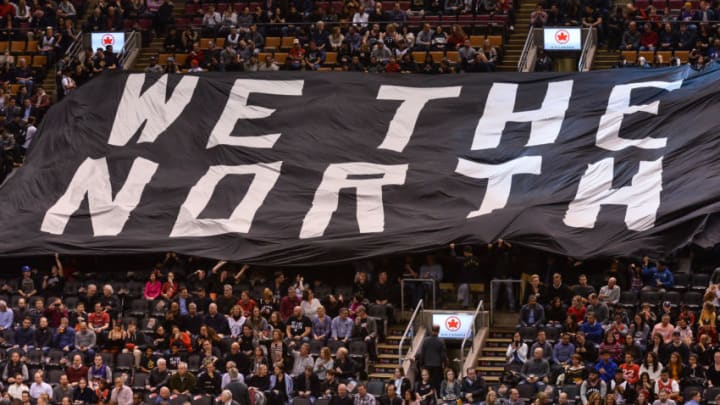
The Toronto Raptors and Masai Ujiri have a tall task ahead of them: replacing superstar talent and offense with cheap and reliable players. Who better to look towards as an example than the Oakland A’s?
The Toronto Raptors organization is in new unchartered territory. Unlike past seasons, the Raptors have earned the winning pedigree that they so desperately sought. Because of this, the Raptors have an opportunity to rebuild and restructure the organization much like Billy Beane structured the Oakland A’s: Find undervalued assets and use them to replace a lack of superstar talent.
This isn’t unheard of in the NBA. Notably, the San Antonio Spurs have been a homegrown organization and have had the ability to find cheap, reliable players with tools to help them win. It isn’t too far of a stretch upon hearing of a 3-point dynamo hailing from Europe that we automatically assume he would do well on the Spurs. Somehow, the Spurs milk every last drop of talent out of a player and simultaneously hide his “warts,” as Paul DePodesta might say.
Similarly, the Detroit Pistons made a surprising run in the mid-2000s when they were led by Rip Hamilton, Chauncey Billups, Ben Wallace, Rasheed Wallace, and Tayshaun Prince. That team crushed a historic Lakers team in the Finals, which did have some help from inner-team turmoil. Still, they relied on players that weren’t necessarily seen as superstars and used a domineering defense to stifle opponents.
The Raptors and the Oakland A’s suffer a similar fate: Neither city or team is a free agent destination. For the A’s, it is because of the amount of money that is available to them; they cannot pay players as other teams can. The Raptors can pay players just as other teams, but there is a long history of free agents either leaving the Raptors or neglecting offers.
The Raptors get players like Kyle Lowry and the Lakers get players like LeBron James. Unfair? Sure, but perhaps it just takes a creative mind–like Masai’s–to tackle this problem head-on. To that effect, the Raptors can take a page out of Billy Beane’s organizational playbook and turn the franchise into a perennially competitive team.
